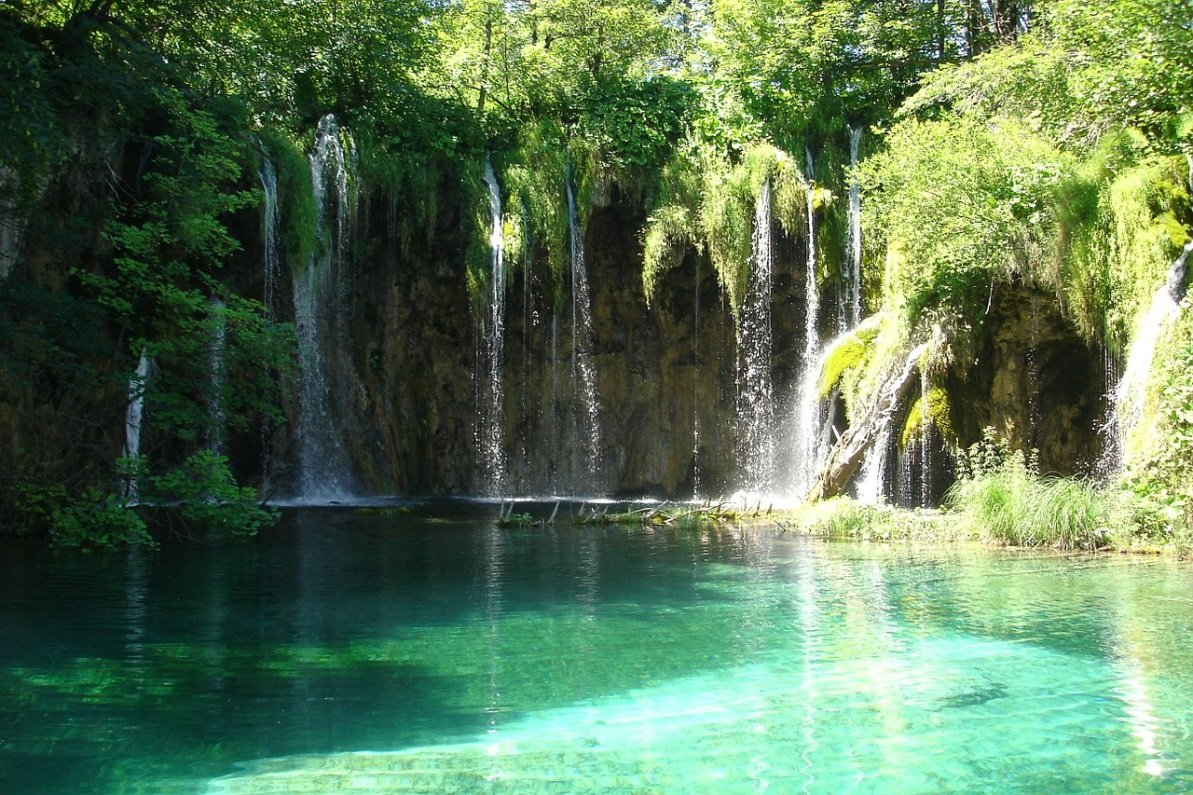
by Belinda Ollewagen | Feb 18, 2019 | Hot Water Taps, water cooler, Water Coolers
Okay, so a waterfall and a water cooler don’t have much in common, other than both being a source of water of course, but have you ever (just as you do with water coolers) lumped waterfalls into one giant group thinking they’re all exactly the same thing? Well that’s completely untrue, there’s a whole subset of waterfall that you might not even have been aware of. So, if you want to know the difference between a cataract and a multi-step waterfall, read on for more of what makes each waterfall unique, thanks to our wonderful, all-knowing friend Wikipedia.
Plunge waterfalls drop vertically, losing contact with bedrock – an example is the Yellowstone Falls in Yellowstone National Park, Wyoming.
Horsetail waterfalls on the other hand, maintain some contact with bedrock – Darwin Falls in Death Valley National Park, California is one such horsetail.
Cataract waterfalls are the largest and most powerful – an example is Victoria Falls on the Zambezi River bordering Zambia and Zimbabwe.
Multi-step waterfalls are a sequence of waterfalls each with their own plunge pool – not common, one such example is the Ouzoud Waterfalls, northeast of Marrakech in Morocco.
Block waterfalls descend from a wide stream or river – the most famous is Niagara Falls which straddles the border between Canada and the US.
Cascade waterfalls flow over a series of rock steps – probably the best-know cascade is the Dunn’s River Falls near Ocho Rios in Jamaica.
Tiered waterfalls descend in a sequence of steps or falls – Yosemite Falls in California’s Yosemite National Park is a prime example.
So there you have it, an overview of the different types of waterfalls. And if you want to know more about the different types of water cooler or hot water taps available for your office – because there really are a wide variety of high-quality water solutions to choose from – then be sure to give AquAid a call today, they are the UK’s leading water cooler supplier and pride themselves on offering premium water coolers at affordable prices!
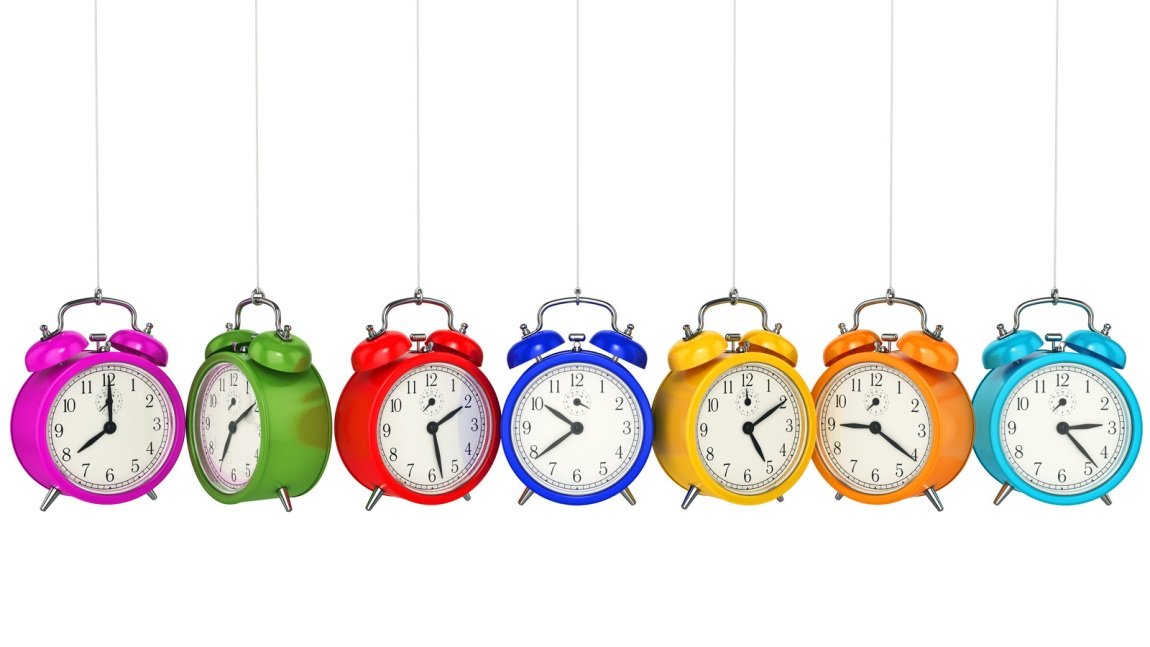
by Belinda Ollewagen | Jan 18, 2019 | Hot Water Taps, instant tap, water cooler
Marc Levy, France’s widest read author wrote: ‘Imagine there is a bank account that credits your account each morning with $86,400. It carries over no balance from day to day. Every evening the bank deletes whatever part of the balance you failed to use during the day. What would you do? Draw out every cent, of course? Each of us has such a bank, its name is time. Every morning, it credits you 86,400 seconds. Every night it writes off at a lost, whatever of this you failed to invest to a good purpose. It carries over no balance. It allows no over draft. Each day it opens a new account for you. Each night it burns the remains of the day. If you fail to use the day’s deposits, the loss is yours. There is no drawing against “tomorrow”. You must live in the present on today’s deposits. Invest it so as to get from it the utmost in health, happiness, and health. The clock is running. Make the most of today.’
It’s a rather sobering thought isn’t it? And a rather novel way of viewing what many consider to be our greatest commodity. We are slaves to busyness and time, and not always in a good way either. Without doubt, time is the one thing we have no control over, so best to use it wisely and in Levy’s words ‘if you fail to use the day’s deposits, the loss is yours’.
So what does this have to do with hot water taps you might ask? The answer is simple – convenience. Convenience is like a time cash cow, the more convenience you can squeeze into your day, the greater the generation of time. And hot water taps are one way that can help make things simpler, smoother and faster. Boiling water at the touch of a button saves us from having to wait for a kettle to boil – it saves on energy bills too, but that’s an aside – from a convenience point of view hot water taps are a great time-saver. It can take around 3 minutes for a kettle to boil; if you drink 4 cups of tea or coffee a day at the office, that’s 12 minutes a day wasted – and while that might not seem like a lot initially, that’s 264 minutes a working month, or nearly 4.5 hours.
So, to make more of your 86,400 seconds a day bank balance, invest in hot water taps from AquAid – the UK’s leading supplier of all things office-water related – and make those seconds count!
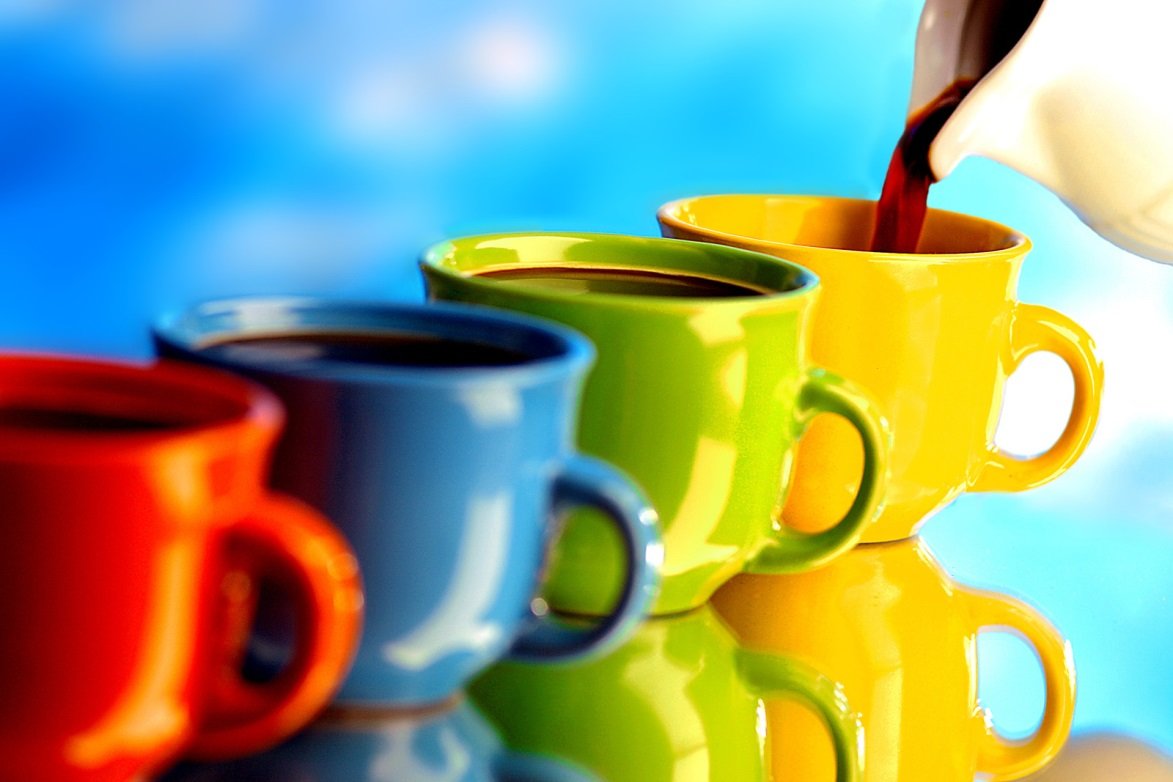
by Belinda Ollewagen | Nov 23, 2018 | Hot Water Taps, instant tap, water cooler
After a fabulous summer, the weather has definitely turned and whether we like it or not, it’s time to start preparing for winter. That means cranking up the heat, increasing the number of layers as we step outside and increasing our intake of hot teas and coffee. Not only are hot drinks warming, but a very interesting study also found that they make us friendlier: ‘participants who briefly held a cup of hot (versus iced) coffee judged a target person as having a “warmer” personality’ – so that’s something to keep in mind the next time you want everyone to get along.
While we know hot drinks warm us up, the jury’s still out on whether this ‘fact’ is grounded in science or if it’s more psychological. Either way, there’s something very comforting about heading over to the hot water taps in your staff breakout area and making a hot cup of coffee; which brings us to an essential for winter – instant taps. With everyone vying for boiling water to make that next cup of tea, there’s nothing more frustrating than having to wait in line for a kettle to boil, but with instant taps in your staff kitchen, wasted time and poor productivity is a thing of the past.
Hot water taps are space saving – small and compact, they fit neatly underneath a counter or sink. Beautifully designed, they are stylish, modern and versatile; and provide instantly boiling water at the touch of a button. And because they’re plumbed into the mains water supply, the hot water is also limitless which means there’s plenty to go around for both staff and clients or customers – making instant taps ideal for not only breakout areas, but also boardrooms and conferencing venues. And because there’s no kettle to boil, instant taps are also more cost-effective and time-saving – factors which definitely affect a company’s bottom line.
So, if you want to keep your team warm, happy, friendlier and more productive, consider installing AquAid Instant Taps in your breakout area – not only will you benefit from the high-quality products and exceptional service provided by the UK’s leading water cooler supplier, but for a short time only you can save even more as AquAid are also offering free installation and three months free rental on all their instant taps.
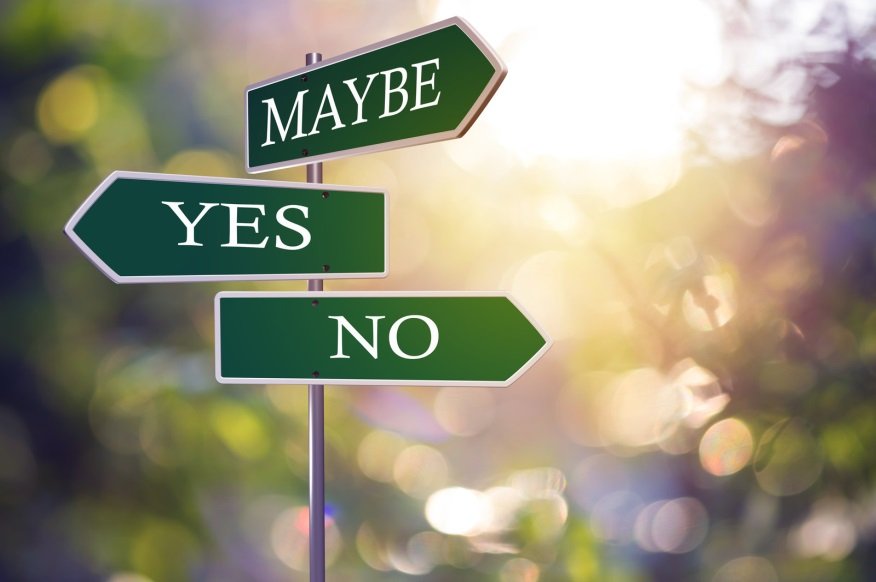
by Belinda Ollewagen | Jun 4, 2018 | Hot Water Taps, instant tap, Water Coolers
We all know that dehydration is bad for us and that it’s important to keep ourselves well hydrated throughout the day to ensure we perform optimally, which (in addition to it being law) is another reason why companies provide easy access to water in the form of water coolers, water boilers and hot water taps. But many of us still don’t drink enough water and even slight dehydration is harmful. Our bodies naturally alert us when it needs replenishment, but thirst mechanism aside, what are the other cues we often misread?
Some of the first signs of dehydration are similar to hunger pangs, which mistakenly makes us reach for something to eat. The confusion apparently stems from our hypothalamus, that part of the brain that regulates appetite and thirst – which, when we’re dehydrated, gets its wires crossed. It’s always best if you’re feeling slightly hungry to try drinking water first, if hunger pangs persist then move on to a snack, but always try replenishing the body’s water supply before doing anything else.
A more obvious sign is a dry mouth, potentially followed by a headache – the latter is not something we would normally associate with dehydration, but unwittingly it is often the cause. According to University News ‘dehydration headaches may happen because a lack of fluids causes shrinkage in brain volume. This results in the brain pulling away from the skull, which triggers pain receptors in the meninges (the membrane that surrounds the brain).’ So, before you reach for pain killers, walk over to the hot water taps in your office kitchen and make a cup of tea or drink a glass of water. An important point to remember however is that while drinking coffee and tea will aid hydration, it is only effective around the four cups per day mark – if consumption exceeds that, it actually becomes a diuretic which is counterproductive to hydration.
Other more serious signs can include fatigue, heart palpitations, cramping, loss of concentration and loss of mental capabilities. It is particularly the change in focus and shift in mental acuity that affects productivity. A study assessing the effects of mild dehydration on cognitive performance found that ‘mild dehydration in men induced adverse changes in vigilance and working memory, and increased tension/anxiety and fatigue.’ Worryingly, many of us begin our day already mildly dehydrated which is then exacerbated by a lack of water intake as we move through our day.
It is imperative, both from a health and productivity point of view, that we maintain sufficient hydration levels, and we achieve this by forming healthy habits – keeping a bottle of water on our desks and sipping on it throughout the day; and taking regular water and tea breaks. Mild dehydration is insidious and if we are to function optimally, we need to learn to read the signs correctly.
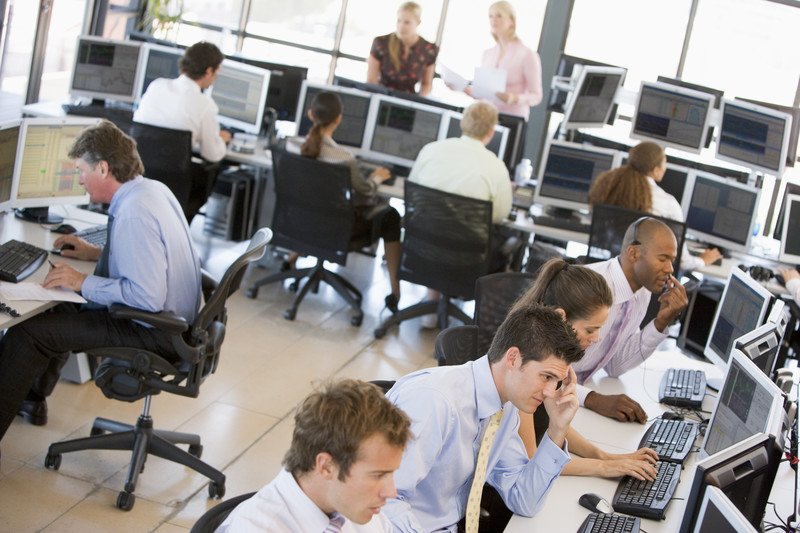
by Belinda Ollewagen | Mar 28, 2018 | aquaid, Hot Water Taps, instant tap, Water Coolers
Want to know how your business can save 119 hours and £1,638 in wasted productivity every year?
Read on …
How many cups of tea or coffee do we drink at work?
- There are 65,64 million people in the UK
- Each day 165 million cups of tea and 70 million cups of coffee are consumed – that’s an average of 4 cups per person per day
- Let’s assume the average person (Jane/Joe) drinks one cup at home and three cups at the office
- Let’s also assume that Jane/Joe is working in a micro-sized business of 9 employees and that when they make tea or coffee for themselves, they also do so for another 2 employees in the office
How much time do we waste waiting for a kettle to boil?
- It takes 3 minutes for a kettle to boil – that’s 3 minutes Jane/Joe wastes every day waiting for hot water for the three cups of tea or coffee they’re wanting to make, assuming Jane/Joe and the two colleagues take it in turn to make drinks
- If we work an average of 22 days per month – that’s 66 minutes wasted in the month and 792 minutes or just over 13 hours wasted per year
- If the average working day is 8 hours long, it means we waste more than 1.5 working days per year waiting for that kettle
- And that’s just for one Jane or Joe
Want to add a monetary value to that time wasted?
- The average wage in the UK is £13.94 per hour – that’s 23 pence per minute, without employers NI contributions of around 13 percent
- If Jane/Joe wastes 792 minutes per year waiting for water to boil it equates to £182 lost in productivity
- Again, just for one Jane or Joe
Want to know how much that actually impacts on you as a business owner?
- There are 5.7 million small and medium sized enterprises (SMEs) in the UK, which makes up 99% of all businesses
- SMEs can be broken down into micro business owners (the vast majority of SMEs) who employ 0-9 employees; small business owners who employ up to 49 employees; and medium business owners who employ up to 249 employees
- If you are a micro business owner:
That’s a £1,638 and 119 hours (or 15 working days) loss in productivity per annum waiting for a kettle to boil
- If you are a small business owner:
That’s a £8,918 and 647 hours (or 81 working days) loss in productivity per annum waiting for a kettle to boil
- If you are a medium business owner:
That’s a £45,318 and 3,287 hours (or 411 working days) loss in productivity per annum waiting for a kettle to boil
Hot water taps provide instantly ready boiling water, no wasted time waiting for a kettle to boil – can your business afford to be without one?
Sources:
Business Wire Research & Markets
Statista
House of Commons Library





